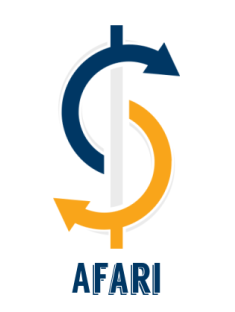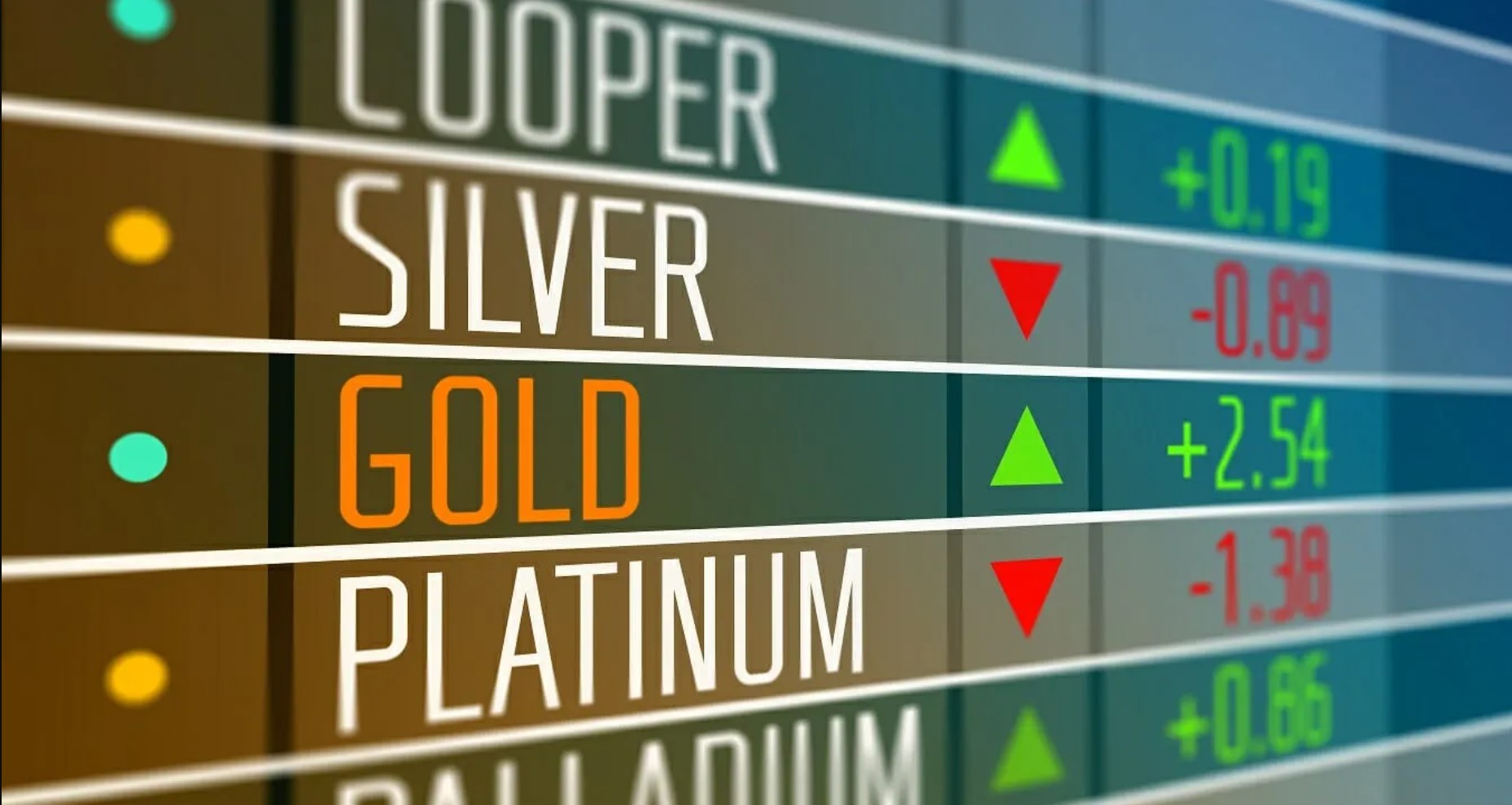Commodity trading is a fascinating and potentially lucrative field that attracts investors from around the globe. It involves buying and selling commodities such as gold, oil, natural gas, agricultural products, and more. We’ll delve into the world of commodity trading, exploring its various aspects, including the basics, strategies, and risks involved. Whether you are a beginner looking to understand the fundamentals or an experienced trader seeking advanced insights, this guide will provide you with valuable information to navigate the world of commodity trading successfully.
Exploring Commodity Trading
Commodity trading refers to the buying and selling of raw materials or primary goods that are used in the production of other goods or services. These commodities can be broadly categorized into four main groups: metals, energy, agriculture, and livestock. Exploring commodity trading allows investors to participate in the global economy, taking advantage of price fluctuations and hedging against potential risks. This section will provide an overview of the key concepts and principles involved in commodity trading.
What are Commodities?
Commodities are tangible goods that are traded on exchanges. They can be classified as hard commodities (metals and energy) or soft commodities (agricultural products and livestock). Examples of hard commodities include gold, silver, crude oil, natural gas, and copper. Soft commodities include wheat, corn, coffee, sugar, and livestock such as cattle and hogs. These commodities serve as essential inputs in various industries and are influenced by factors like supply and demand, geopolitical events, weather conditions, and economic indicators.
History of Commodity Trading
Commodity trading has a rich history that dates back centuries. The origins of organized commodity trading can be traced to ancient civilizations where barter systems were prevalent. Over time, as societies developed and trade routes expanded, commodity trading evolved into a more structured and regulated practice. Today, commodity exchanges provide platforms for buyers and sellers to trade commodities using standardized contracts, ensuring transparency, liquidity, and efficient price discovery.
Why Trade Commodities?
Commodity trading offers several advantages and opportunities for investors. Firstly, it provides a diversified investment portfolio as commodities tend to have a low correlation with traditional asset classes like stocks and bonds. Secondly, commodities can act as a hedge against inflation. During periods of rising prices, commodities often experience price appreciation, safeguarding investors’ purchasing power. Additionally, commodity markets offer high liquidity, allowing traders to enter and exit positions easily.
Popular Commodity Trading Strategies
Successful commodity trading requires a well-defined strategy tailored to individual goals and risk tolerance. Below are some popular strategies employed by commodity traders:
- Trend Following: This strategy involves identifying and following established trends in commodity prices, aiming to profit from sustained price movements in a particular direction.
- Spread Trading: Spread trading involves taking offsetting positions in different contracts or commodities to capitalize on price differentials between them.
- Seasonal Trading: Seasonal traders analyze historical patterns in commodity prices and enter positions based on recurring seasonal trends.
- Fundamental Analysis: This strategy involves evaluating supply and demand factors, geopolitical events, weather conditions, and economic indicators to predict future commodity price movements.
- Options Trading: Options provide traders with the right, but not the obligation, to buy or sell commodities at a predetermined price within a specific time frame. Options trading can be used to hedge against price volatility or speculate on future price movements.
Risks and Risk Management in Commodity Trading
Commodity trading involves inherent risks that traders need to be aware of and manage effectively. The following are some of the key risks associated with commodity trading:
- Price Volatility: Commodities are known for their price volatility, which can result in substantial gains or losses for traders. Sudden supply disruptions, geopolitical events, and economic factors can trigger significant price swings.
- Market and Liquidity Risk: Some commodity markets may lack liquidity, making it challenging to execute trades at desired prices. Illiquid markets can also increase bid-ask spreads, affecting profitability.
- Operational Risk: Traders need to manage operational risks, such as technological failures, connectivity issues, and compliance with regulatory requirements.
- Counterparty Risk: Trading on exchanges involves dealing with counterparties. The risk of default or non-performance by counterparties needs to be carefully managed.
To mitigate these risks, traders employ various risk management techniques such as setting stop-loss orders, diversifying portfolios, conducting thorough research, and staying updated with market trends.
FAQs
Q: Is commodity trading suitable for beginners?
Commodity trading can be suitable for beginners, but it requires a solid understanding of the market dynamics and risk management strategies. It is advisable for beginners to educate themselves, start with small investments, and seek guidance from experienced traders or financial advisors.
Q: How much capital do I need to start commodity trading?
The amount of capital required to start commodity trading varies depending on several factors, including the commodities being traded, the trading platform, and individual risk tolerance. It is recommended to start with a capital amount that you can afford to lose and gradually increase your investment as you gain experience and confidence.
Q: What resources can I use to stay informed about commodity markets?
There are several resources available to stay informed about commodity markets. These include financial news websites, commodity exchange websites, research reports from reputable firms, industry publications, and specialized commodity trading platforms that provide real-time market data and analysis.
Q: Can I trade commodities without owning physical assets?
Yes, commodity trading allows you to participate in the market without owning physical assets. Most traders engage in futures contracts or options contracts, which provide exposure to price movements without the need for physical delivery of the underlying commodities.
Q: Are there any regulations governing commodity trading?
Yes, commodity trading is subject to regulations imposed by governmental authorities and regulatory bodies to ensure fair practices and protect market participants. These regulations may vary across different jurisdictions and exchanges.
Q: What are some common mistakes to avoid in commodity trading?
Some common mistakes to avoid in commodity trading include lack of proper risk management, trading based on emotions rather than analysis, overleveraging, chasing trends without proper research, and failing to stay updated with market news and developments.
Consequence
Commodity trading offers a unique and exciting investment opportunity for those willing to explore this dynamic market. By understanding the basics, developing sound strategies, and managing risks effectively, traders can navigate the world of commodity trading with confidence. Remember to stay informed, continuously learn, and adapt to market changes to maximize your chances of success.

